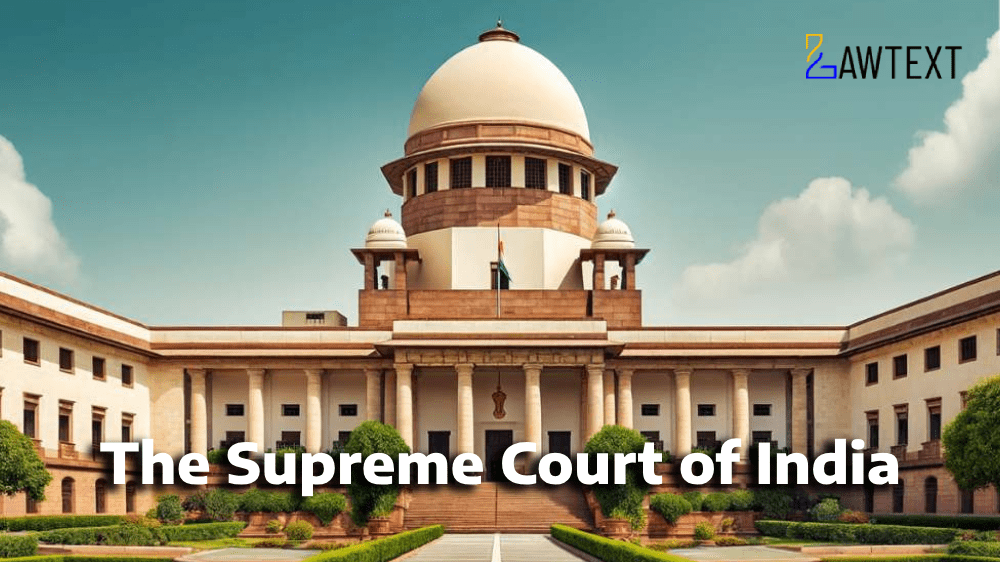

Facts of the Case:
The petitioner, a Senior Assistant in the Cooperative Department, was retired prematurely on the grounds of adverse ACRs. He challenged this on the basis that these adverse reports were never communicated to him, violating his rights to due process.
Petitioner’s Argument:
The petitioner contended that under Rule 3.26(d) of the Punjab Civil Services Rules, premature retirement could not be based on adverse ACRs that were never communicated. This non-communication deprived him of an opportunity to either represent against the reports or improve his performance.
Respondent’s Stand:
The State argued that the petitioner’s service record was reviewed periodically, and adverse entries were found in the ACRs, which justified the premature retirement decision in the interest of public service.
Court's Analysis:
The court scrutinized whether the adverse ACRs were communicated to the petitioner in time and whether the service record warranted premature retirement. The court cited several judicial precedents that mandate the communication of ACRs to employees, stressing that uncommunicated adverse entries cannot be used to make service decisions such as premature retirement.
Legal Precedents Cited:
Final Judgment:
The court concluded that the petitioner was not afforded a fair opportunity to challenge the adverse ACRs as they were not communicated to him, rendering the retirement order unsustainable. The court quashed the retirement order and reinstated the petitioner.
Punjab Civil Services Rules, 1970 - Rule 3.26(d):
The rule deals with the conditions and procedures for compulsory retirement of government employees in public interest, typically when they have reached the age of 50 years or completed 25 years of service.
Administrative Law and Principles of Natural Justice:
The case touches upon the requirement for procedural fairness and the principles of natural justice, particularly the right to be informed of adverse material used against an employee.
#PrematureRetirement #ACR #PunjabCivilServiceRules #NaturalJustice #AdministrativeLaw #EmployeeRights #ServiceLaw
Citation: 2024 LawText (SC) (9) 272
Case Number: CIVIL APPEAL NO. 8343 OF 2024 [Arising out of SLP(C) NO. 16901 OF 2024]
Date of Decision: 2024-09-27
Case Title: THE AHMEDNAGAR DISTRICT CENTRAL COOPERATIVE BANK LTD. VERSUS THE STATE OF MAHARASHTRA AND ORS.
Before Judge: (DIPANKAR DATTA J. , PRASHANT KUMAR MISHRA J.)
Appellant: THE AHMEDNAGAR DISTRICT CENTRAL COOPERATIVE BANK LTD.
Respondent: THE STATE OF MAHARASHTRA AND ORS.